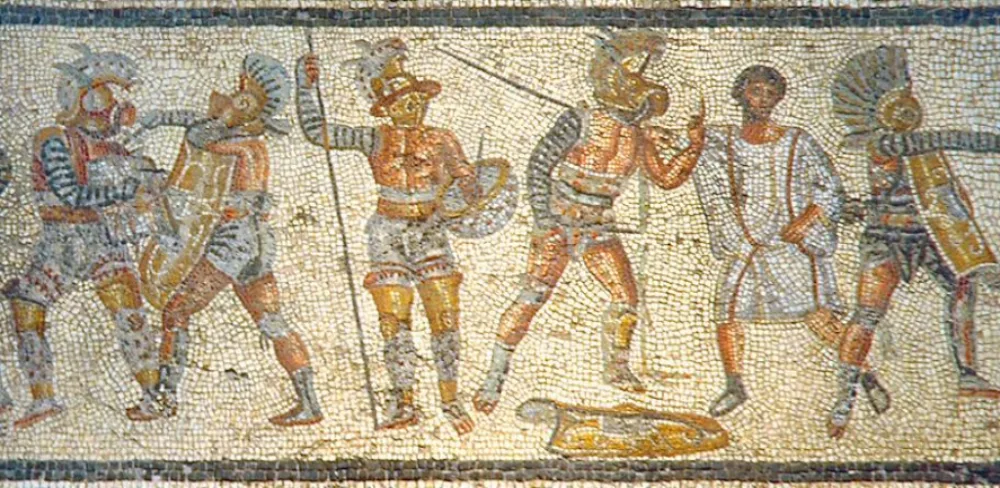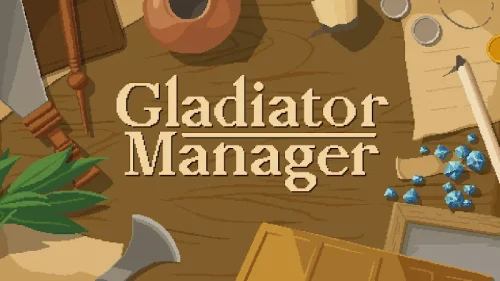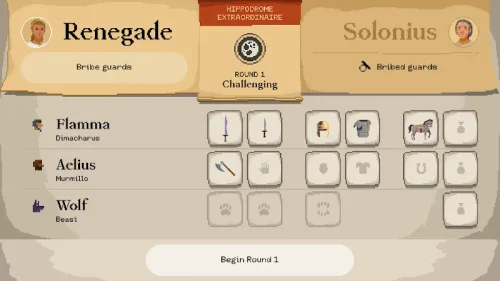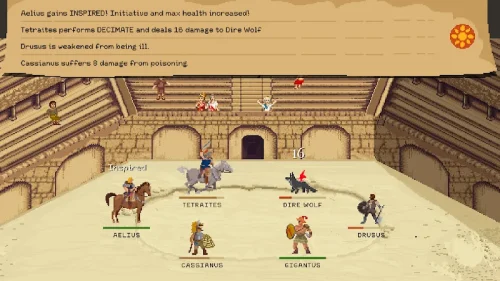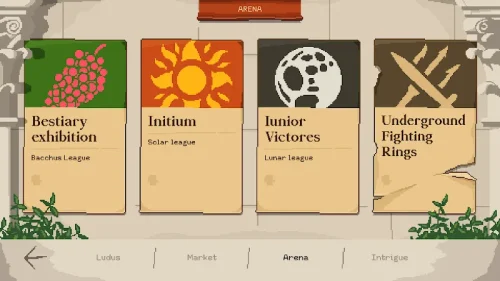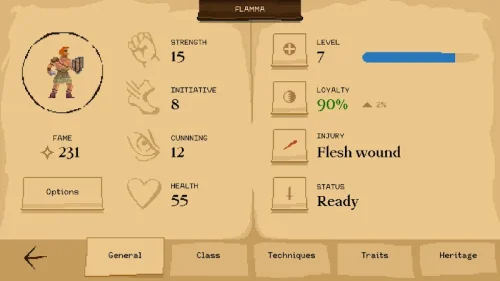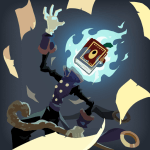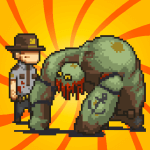The Gladiator Manager game allows players to strategically manage a team of gladiators in ancient Rome. As the manager, one oversees the team’s training, stats, and participation in colosseum tournaments with the goal of establishing their house or “faction” as the greatest in the land.
GLADIATOR STATS TO DOMINATE
Players can achieve dominance by purchasing and upgrading their gladiator team’s vital statistics. These include strength, speed, endurance, and weapon prowess stats which determine a gladiator’s effectiveness in battles. Managing and improving these stats is a central game feature, shaping each character’s combat performance. The gladiators you begin with start with weak stats but can slowly be upgraded to mighty combatants as your influence and prosperity grow.
Winning battles also allows you to gain more gold, which opens up further stat increases and new weapon/armor upgrades to strengthen your faction over others. So strengthening your team’s vital stats and managing those gains is key.
BUY AND SELL GLADIATORS STRATEGICALLY
Much like the gladiator trade in ancient Rome itself, players can trade and purchase warriors from other factions. This allows you to build a custom team to your preferred strengths and combat style. Gladiators of exceptional ability can be sold at a premium, with those funds used to improve your remaining team. Those who underperform in battles can be sold off to clear “deadweight”. Conversely, you may spot and buy favorably-skilled gladiators from your opponents to then train up in your own fashion. This trade system enables each player to strategically tailor their roster.
ENGAGE IN DEADLY TOURNAMENTS
The central gameplay revolves around battling rival factions in organized tournaments. As your warriors prove themselves, your team advances to bigger high-stakes competitions with greater rewards and glory. Victory brings gold and acclaim while defeat means expensive losses and a blow to your house’s standing. So participate wisely based on your team’s preparation. To handicap foes, one can also undermine them with “backhanded” techniques (as discussed later). But in bloody combat where weapons and fists collide, ultimate supremacy will go to the manager whose tactics and upgrades render their fighters most potent.
FOCUS ON TRAINING REGIMENS
Crafting an optimal training regimen to hone your gladiators’ abilities is also integral. As Manager, you decide their exercise plans, weapon/armor training, recovery periods and more. Tailor these sessions toward enhancing their key stats and favored fighting style, be it as armored “Secutors”, unarmored “Retiarius” net-and-trident wielders, quick dagger-users, sturdy shield bearers, or flexible all-rounders. Discover which training investments yield the greatest returns in the arena. It’s a hands-on process but pays dividends.
SABOTAGE AND SUBTERFUGE
While open combat determines winners, underhanded ploys exist to handicap rivals beforehand. These include bribing guards to poison enemy gladiators or weaken their weapons and armor. One can also hire assassins to directly attack or finish off specific wounded targets. Now such schemes are not guaranteed to succeed, but will tilt odds in your favor and intimidate foes. Of course, the same can be done unto you so beware! Ultimately though, sabotage adds deeper strategic layers where you undermine rivals through espionage and social leverage across Rome’s networks – weakening their fighting corps as you position your own for glory.
A ROBUST ANCIENT WORLD SIMULATION
Beyond combat and training, the game also immerses you in a rich historic rendering of the Roman Empire at its height. The arenas, architecture, political figures, customs, clothing, and backdoor dealings are all extensively researched and modeled on the late Imperial Period. You operate among Centurions, Senators, and Vestal Virgins as well as underworld black markets and fighting pits. Each player experiences dynamically-generated events from weddings to scandals that they must navigate for their house’s interests. So historical immersion complements the core gladiatorial focus.
